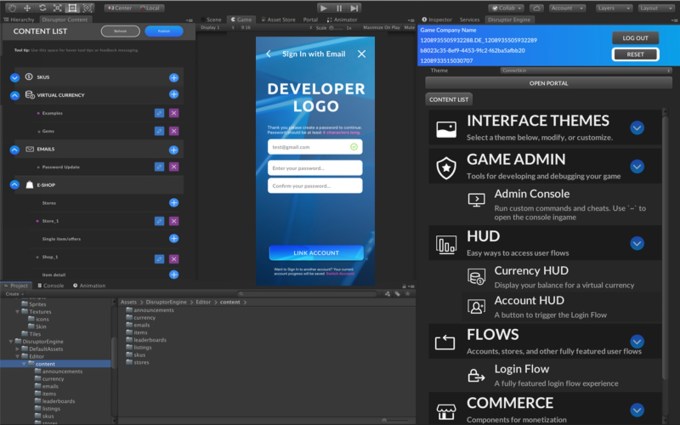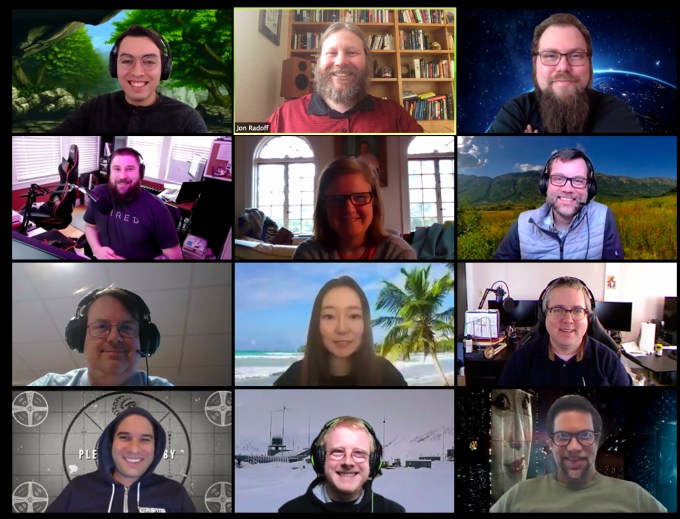Disruptor Beam, the mobile gaming startup behind Star Trek Timelines, has a new name and a new business. It’s now calling itself Beamable, and it’s selling a set of tools to help game developers add commerce and social functionality to their titles.
The company’s direction became clear earlier this year when it sold Timelines to Tilting Point so that it could focus on its developer tools. Now Beamable is officially launching its Early Access program for games that are live, or that are scheduled to go live in the next 12 months.
CEO Jon Radoff told me that Disruptor Beam first built this technology for its own games — not just Timelines, but also Game of Thrones Ascent and Walking Dead: March to War.
Radoff suggested that there’s a real need for this as gaming continues shifting towards a “games as a service” model, where developers don’t just release a title and move on, but rather continue adding new features and content, while additional ways to make money from players.

Image Credits: Beamable
The largest developers with the most popular games can support this approach, but he said, “For the next 5,000 games on the app stores, any of the things they’ve built are pretty primitive and they really need help.”
He added, “For these developers, 30% or 40% of their effort goes into making a cool game, and all the other money and time goes into things the player doesn’t really see — the store and the commerce … It’s kind of like a tax on their ongoing operation.”
With Beamable, on the other hand, developers can add take advantage of the infrastructure that the company has already built for in-game storefronts, merchandising, content management and social interactions. The platform also ties together the company’s backend infrastructure with the Unity 3D editor and the live gameplay experience.
“Other products we’ve investigated are just middleware,” said Tap Slots CEO Markus Weichselbaum in a statement. “Beamable is fully-integrated with Unity, including user interfaces that work in both the Unity 3D editor and game clients. This saves us massive amounts of time we’d otherwise spend in the guts of the technology and rediscovering best practices, instead of doing what we need to do: designing great games.”
In addition to selling Timelines, Disruptor Beam also shifted its business by shutting down Ascent and March to War, and it’s sold an unnamed, still-in-development title to East Side Games.

The Beamable team Image Credits: Beamable
Radoff suggested that when Disruptor Beam started, the market for licensed games tied to major entertainment franchises was still “the Wild, Wild West” providing “a tremendous opportunity” for startups to innovate. Now, however, it’s a “mature market” that’s dominated by larger developers.
Radoff also acknowledged that he spent much of 2019 “trying to figure out how to have my cake and eat it too” — in other words, how the company could turn the game platform into a business while continuing to develop games of its own.
“Ultimately, I concluded that game development is an obsession,” he said. “When you have a company in which any amount of game development is happening, no matter what you do, you’re always going to be obsessed with game development, and that obsession tends to push out your ability to create great technology or a great product for developers.”
Instead, Radoff decided to sell off the company’s games and try to build an organization (now operating remotely via Zoom, like everyone else) that’s equally obsessed with building a development platform — primarily for mobile games, but also for PC and console.


No comments:
Post a Comment